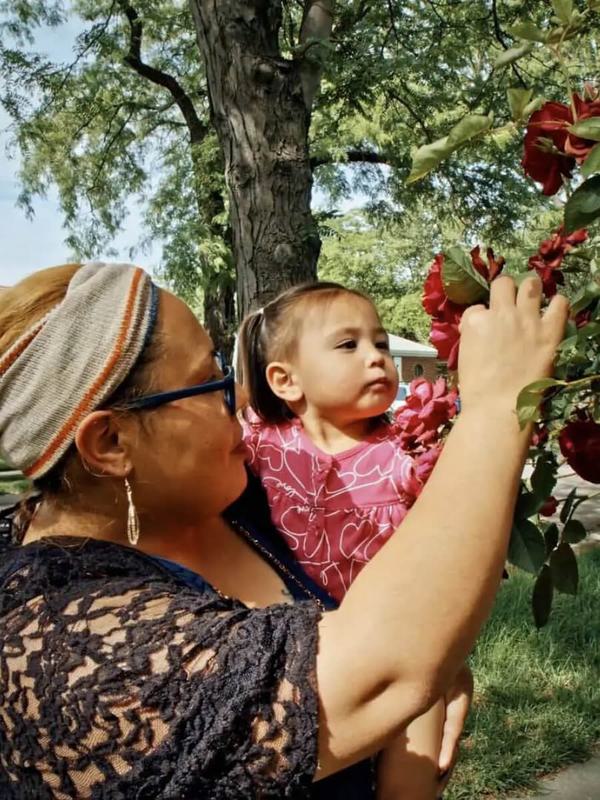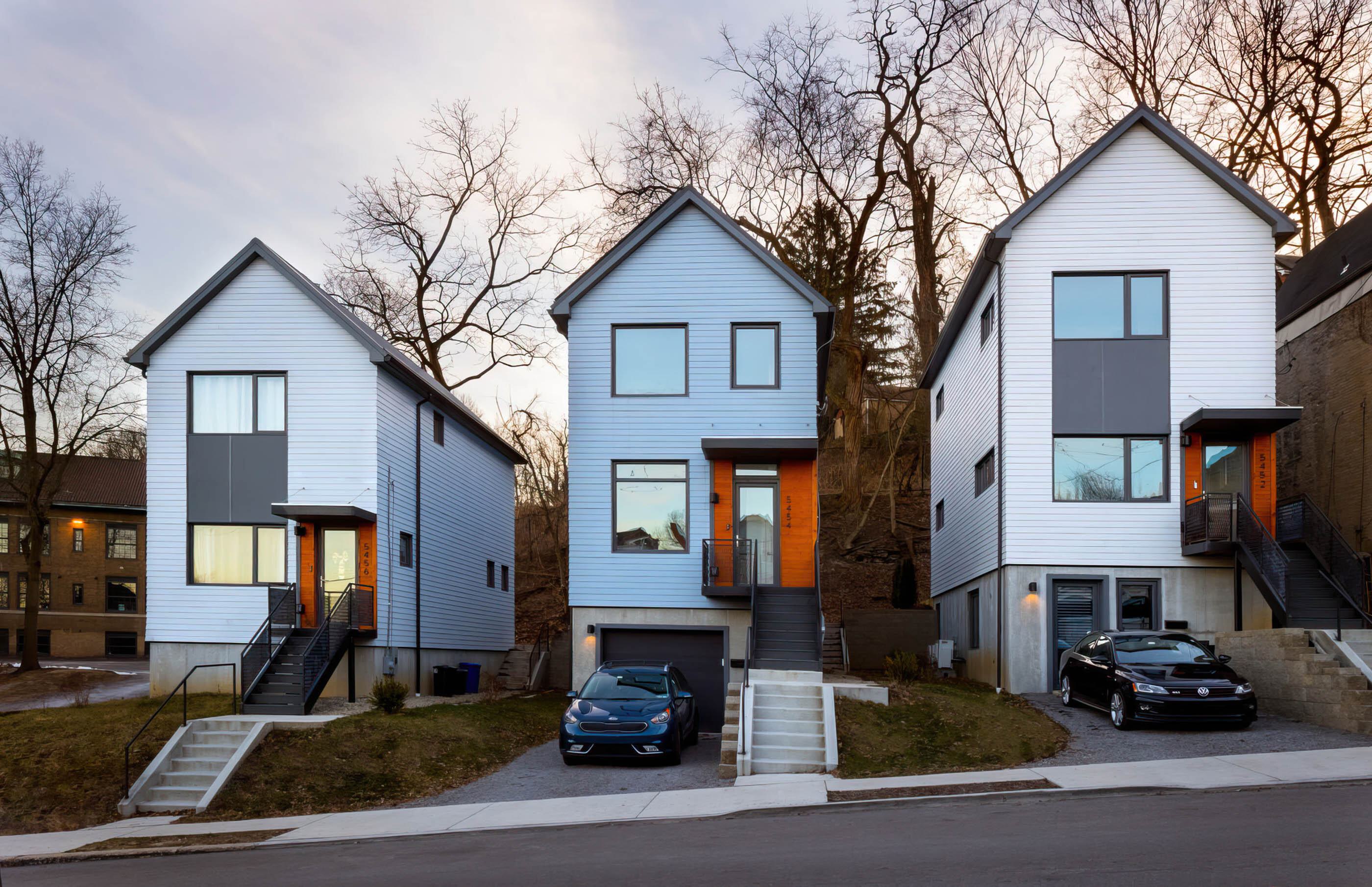
The Housing Venture Lab is an accelerator that provides wraparound support for entrepreneurs with new, bold ideas to make housing more equitable, accessible, and sustainable.
Our Impact
Case Studies

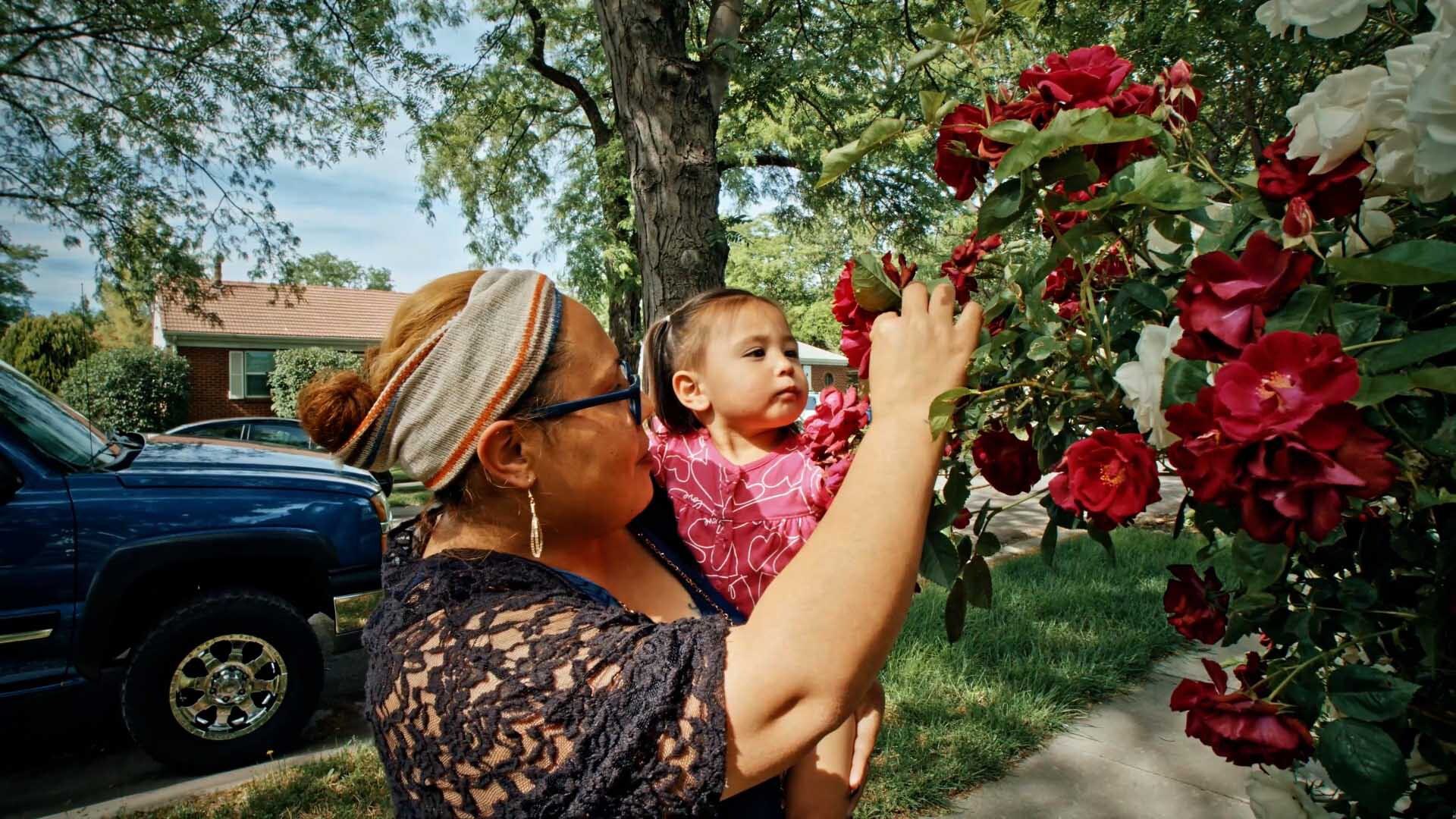
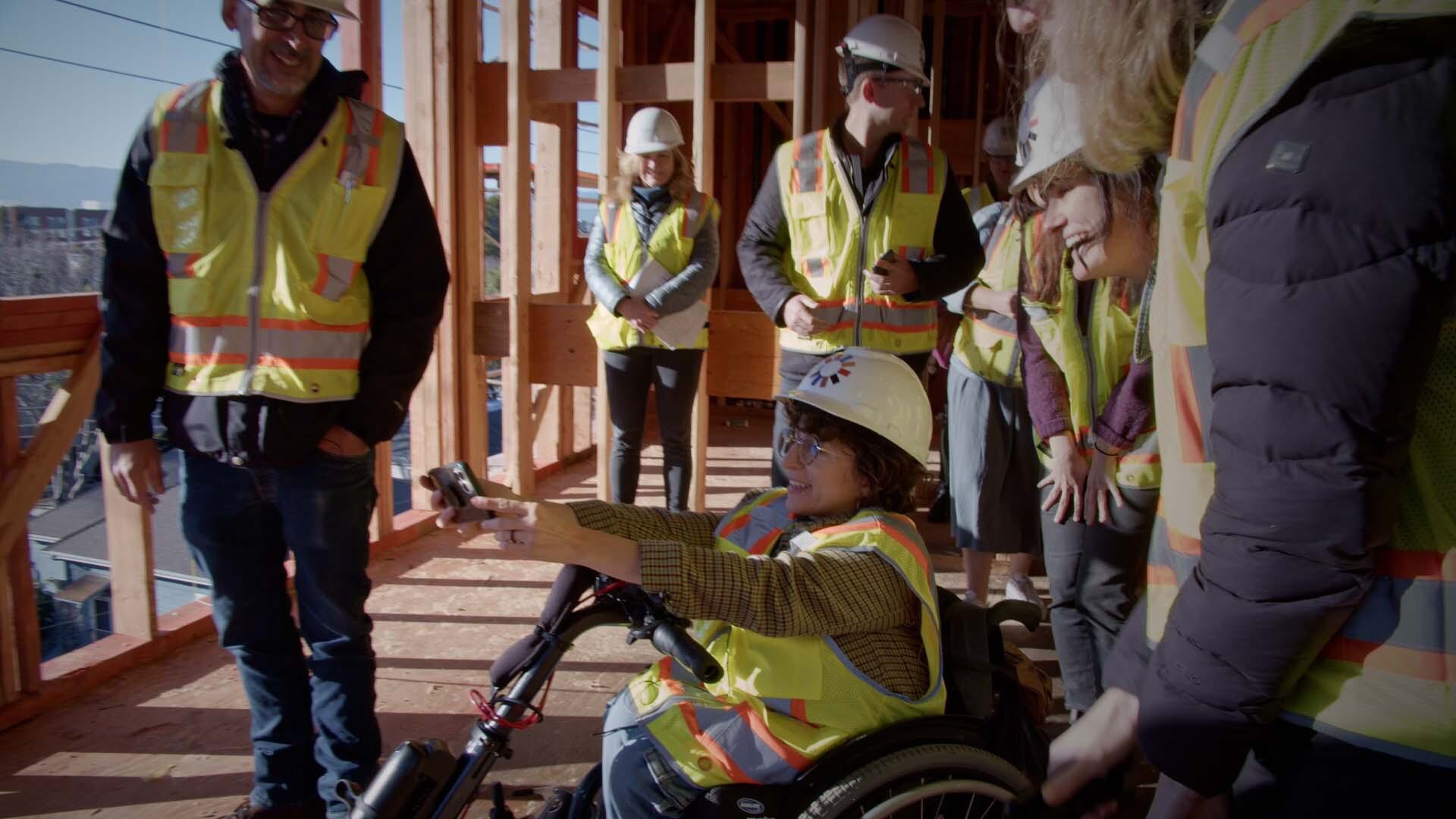
Esusu works to bridge the racial wealth gap by assisting families by reporting rental payments to credit bureaus to build and establish their credit scores. They take action on a simple premise that one’s financial identity shouldn’t determine where one ends up in life. Esusu's work ensures financial inclusion.
Blackstar Stability changes the lives of working-class families by turning predatory land contracts into real mortgages. Predominantly affecting people of color, contract for deed (CFD) home financing often leaves individuals unable to own their homes. The Blackstar Stability Distressed Debt Fund has raised $100 million to purchase and refinance thousands of single-family CFD homes to turn the occupants into real homeowners.
26% of people have a disability, yet it’s estimated that less than 6% of the national housing supply is designed to be accessible. The Kelsey advances disability-forward housing solutions that open doors to homes and opportunities for everyone.
Our Cohorts
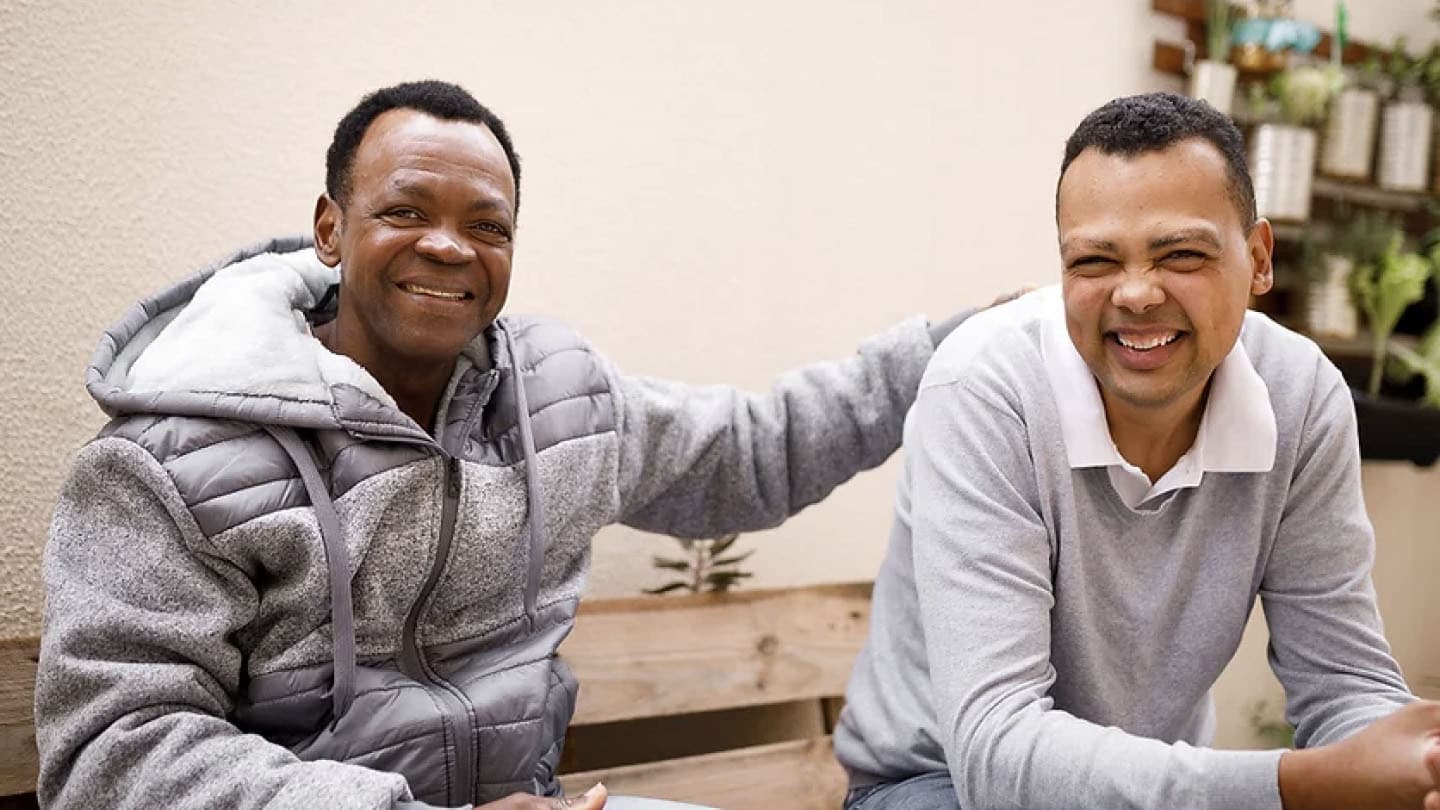
Housing Connector increases access to housing for individuals most in need, by solving financial and resident challenges for property managers so they can lower screening criteria and open more doors to people that have historically been discriminated against.
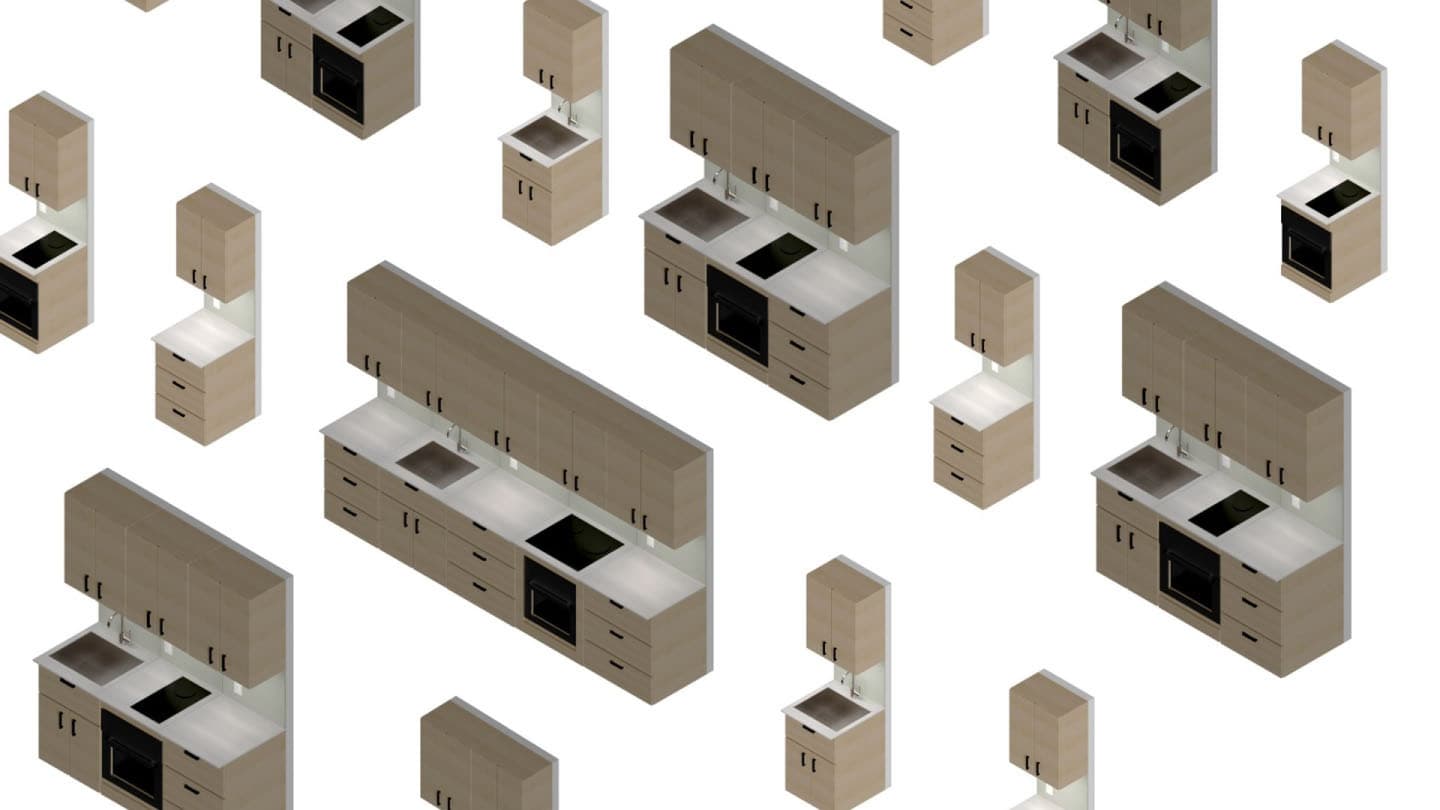
Kit Switch lowers the cost of construction and simplifies the adaptive reuse of buildings for housing through the design and production of modular interiors. Their first product line of ready-to-install kitchen modules are standardized, designed for ease of assembly and fully reconfigurable for reuse.
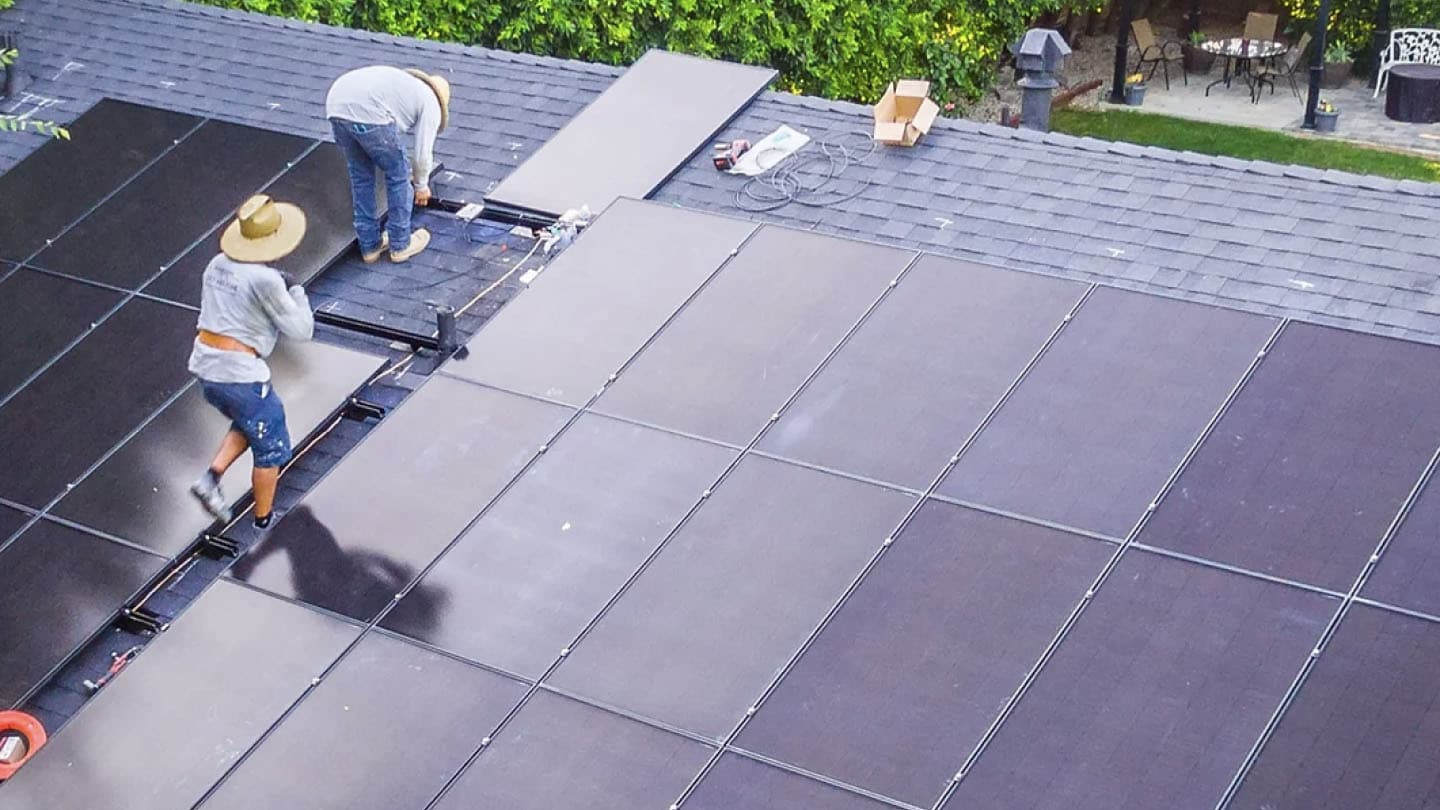
Revalue.io provides building improvements to prepare hard to reach homeowners for the transition to clean energy electrification via a network of women contractors and contractors of color.

Credevolv addresses inequities in mortgage access by connecting lenders, declined borrowers, and nonprofit financial counselors through a tech platform, linking denied borrowers with financial counselors to improve their credit score.
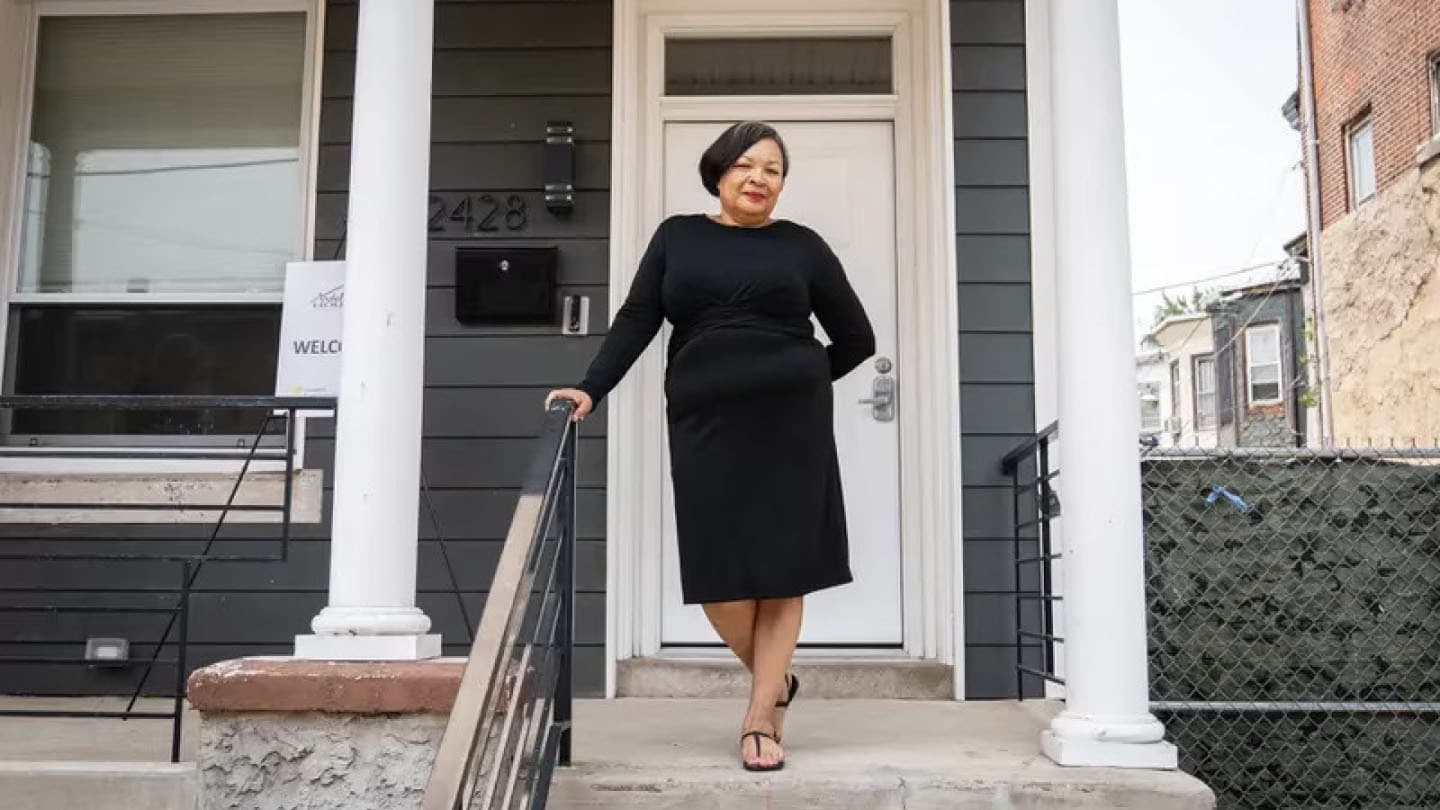
ANWOL facilitates the reentry of formerly incarcerated women by providing housing and services through their Sisterhood Alliance for Freedom and Equality (SAFE) Housing Network. The network has developed 41 SAFE homes across 18 U.S. states and three sites in Africa.

The Kelsey advances disability-forward housing solutions that open doors to homes and opportunities for everyone. We both co-develop affordable, accessible, inclusive housing and lead advocacy and field-building efforts to create market conditions so inclusive housing becomes the norm.

The Guild is a BIPOC worker-owned cooperative building community-owned models for land, housing and real estate.

Pronto creates software to make affordable housing processes efficient, easy and accessible - starting with resident qualification. Pronto streamlines compliance for any affordable housing program, from Federally subsidized to local programs, attainable housing, and everything in between.
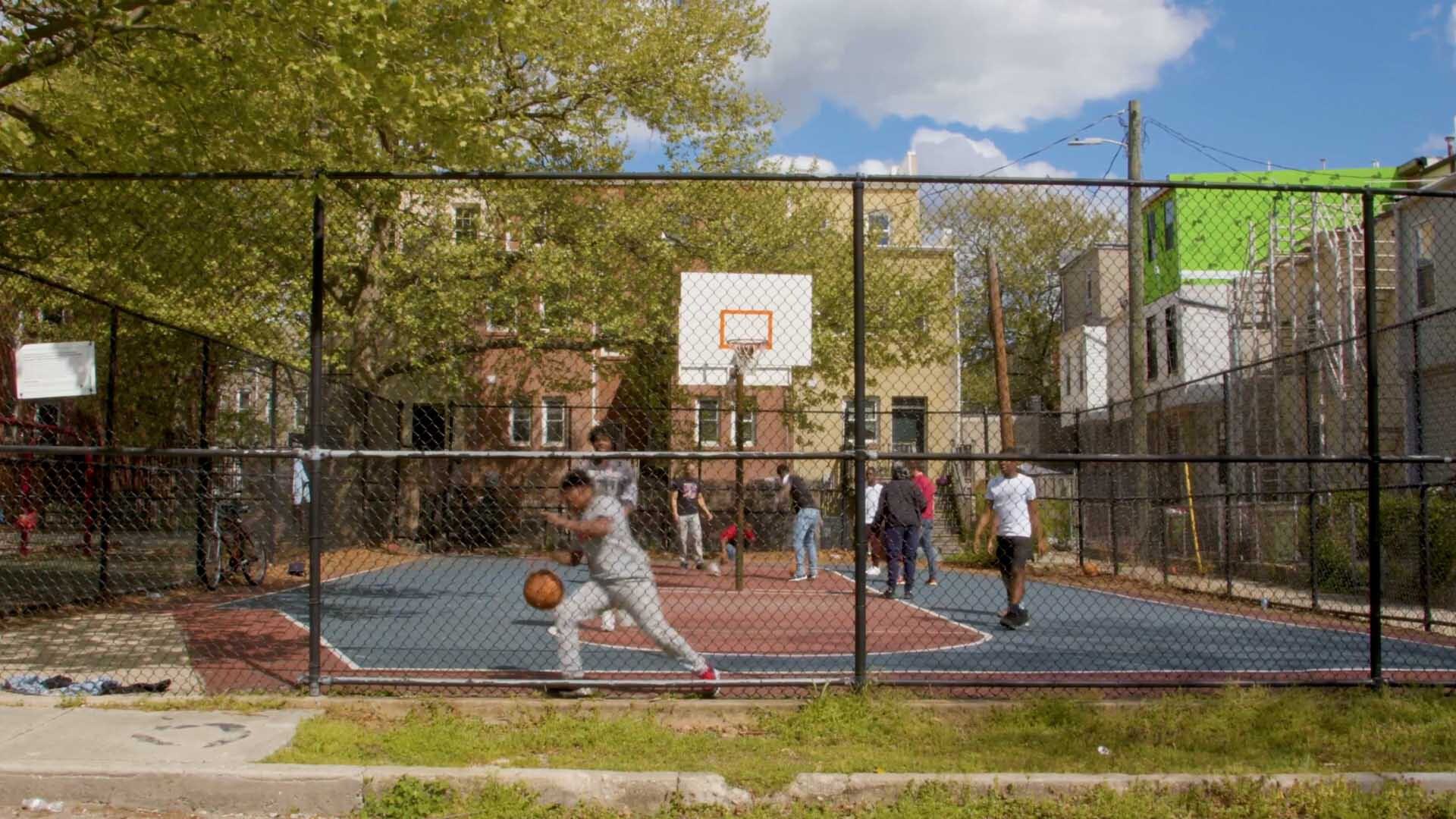
Parity is an equitable development company that unlocks housing in historically redlined neighborhoods by creating pathways for existing residents, families, and collectives to purchase abandoned homes together block by block as a means of community-building and wealth-building.
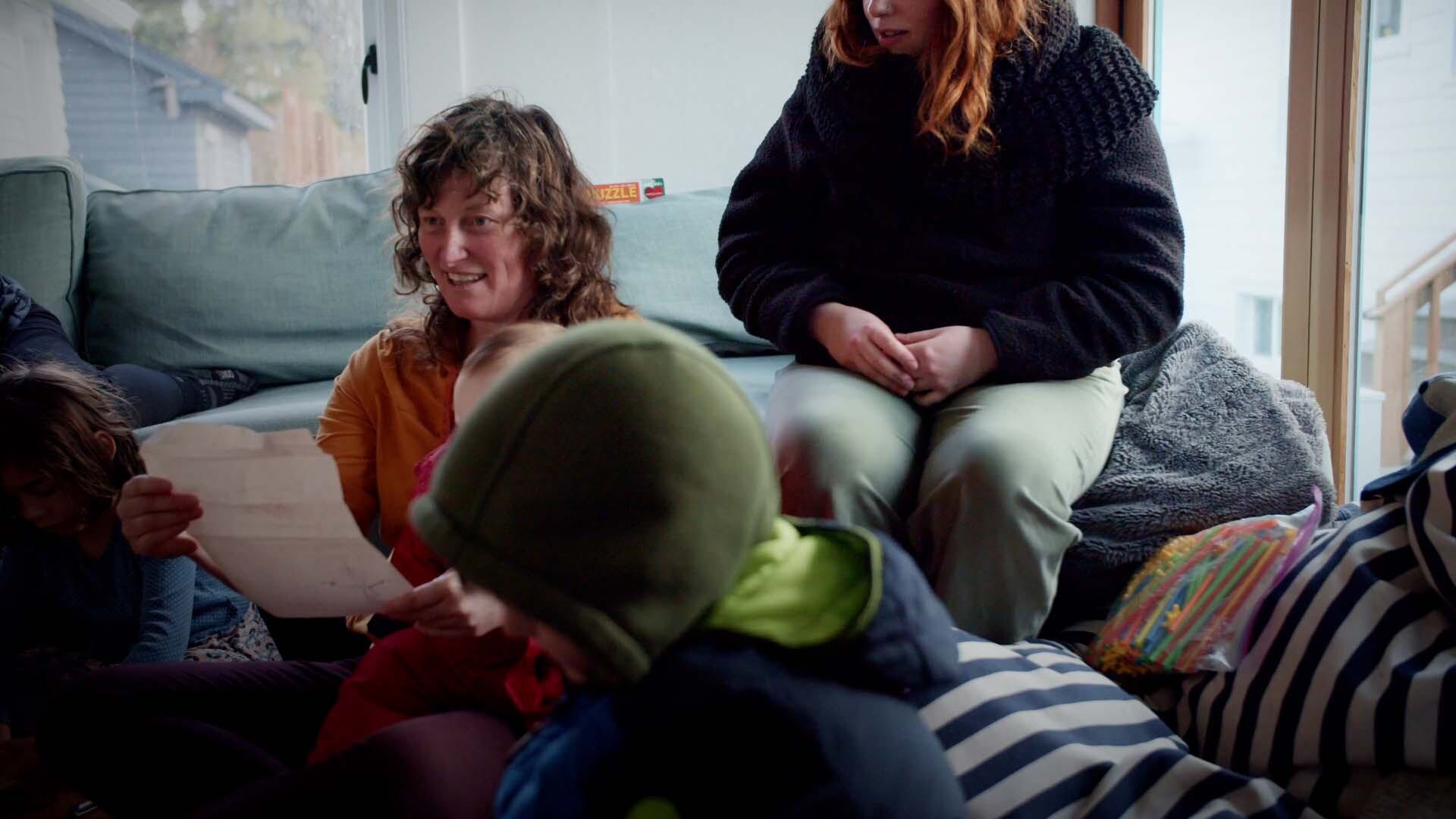
Frolic Community partners with single-family homeowners in gentrifying neighborhoods to co-develop multi-family housing on their properties. These small cooperatives of 6-10 units are sold at affordable prices to low-wealth, middle-income families, with down payments between $10 - $40k.
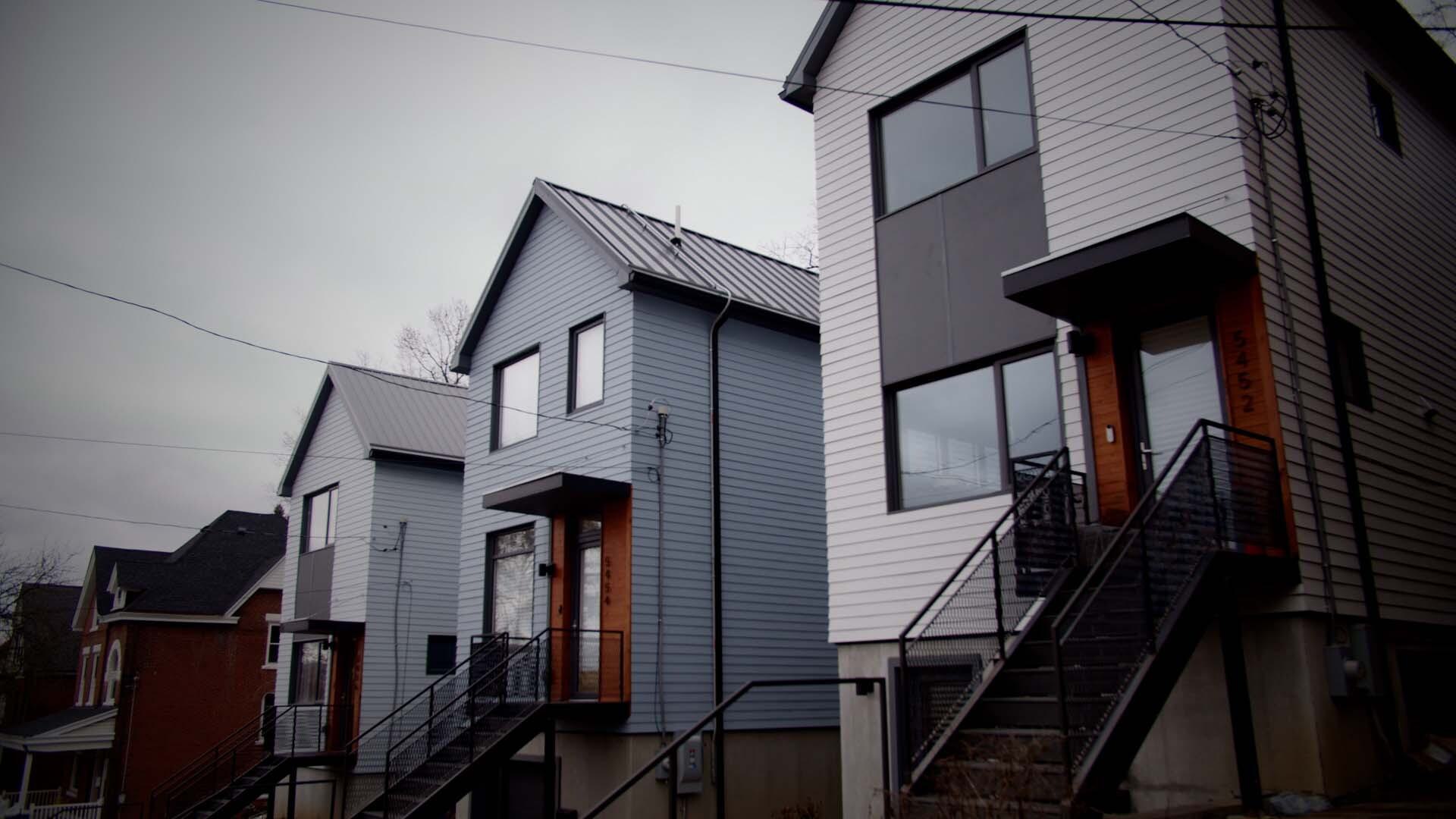
Module enables mission-driven housing providers to deliver new housing more quickly with higher quality control. The company designs, builds, and delivers sustainable, prefab homes. Module's homes are all-electric, & designed for affordable homeownership and missing middle housing.
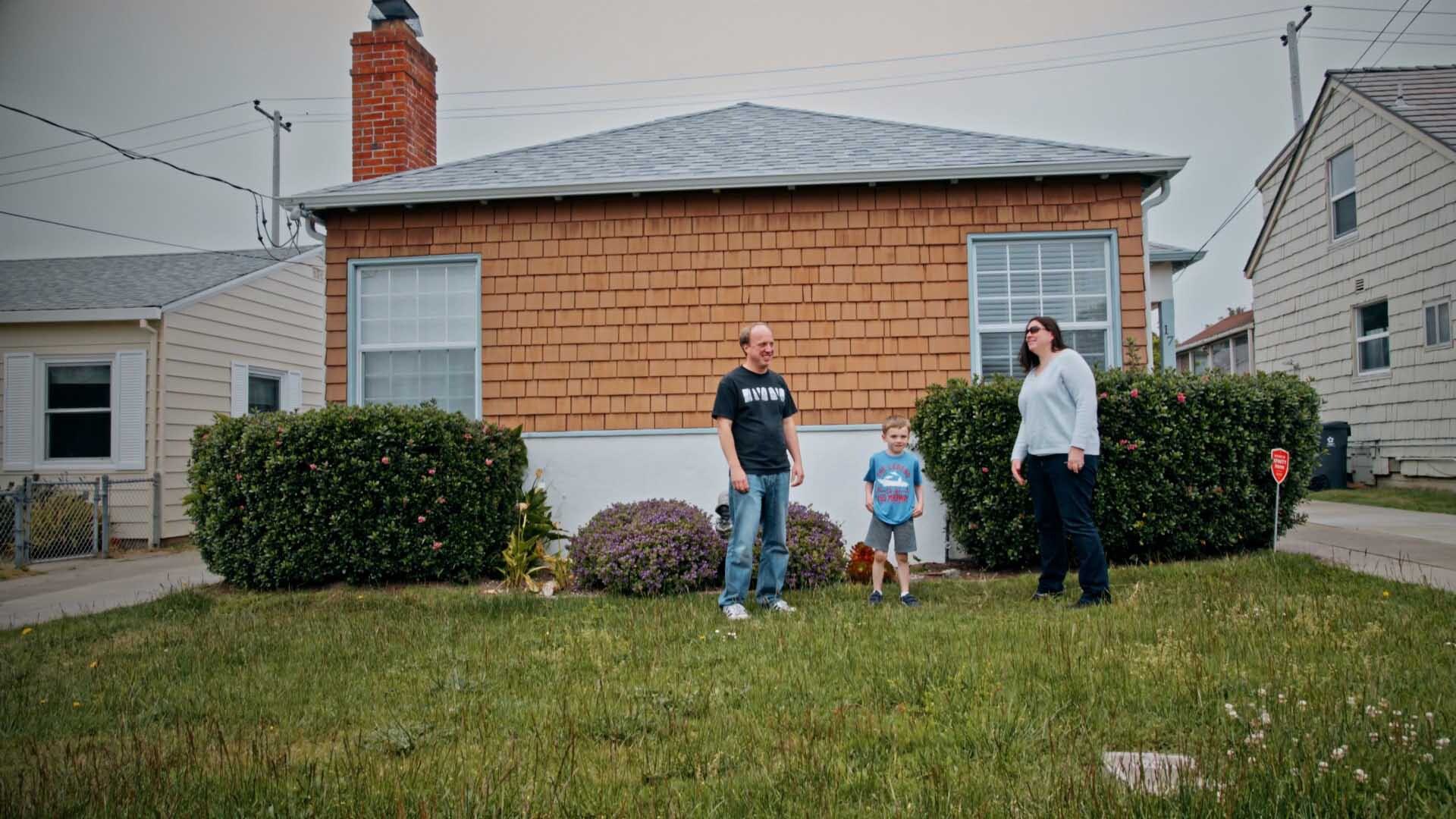
True Footage is a valuation company building software for appraisers and providing fair appraisal services for lenders nationwide.
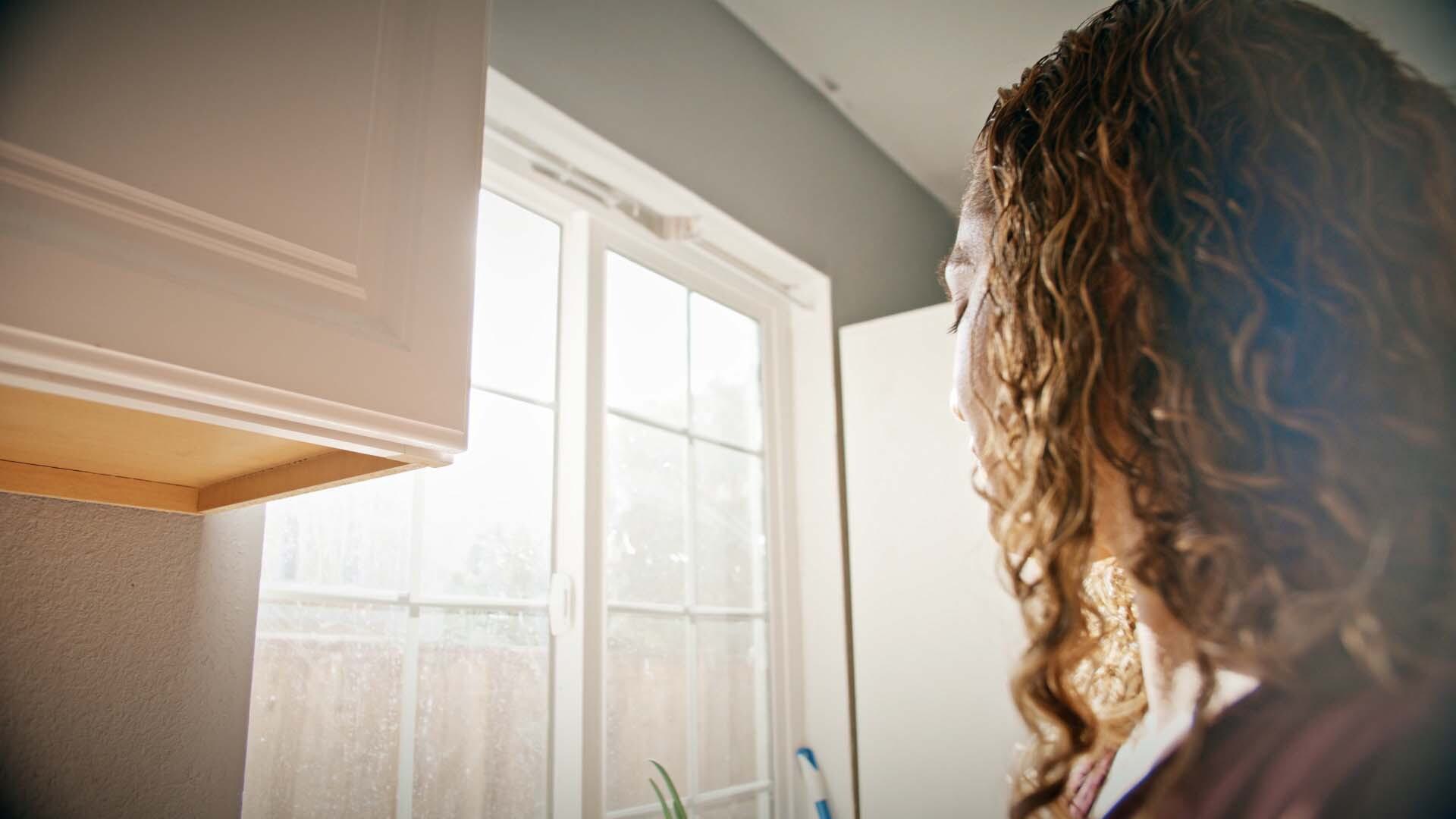
The Homecoming Project at Impact Justice pairs individuals returning home from prison with welcoming community residents (hosts) who have a room in their homes to spare.
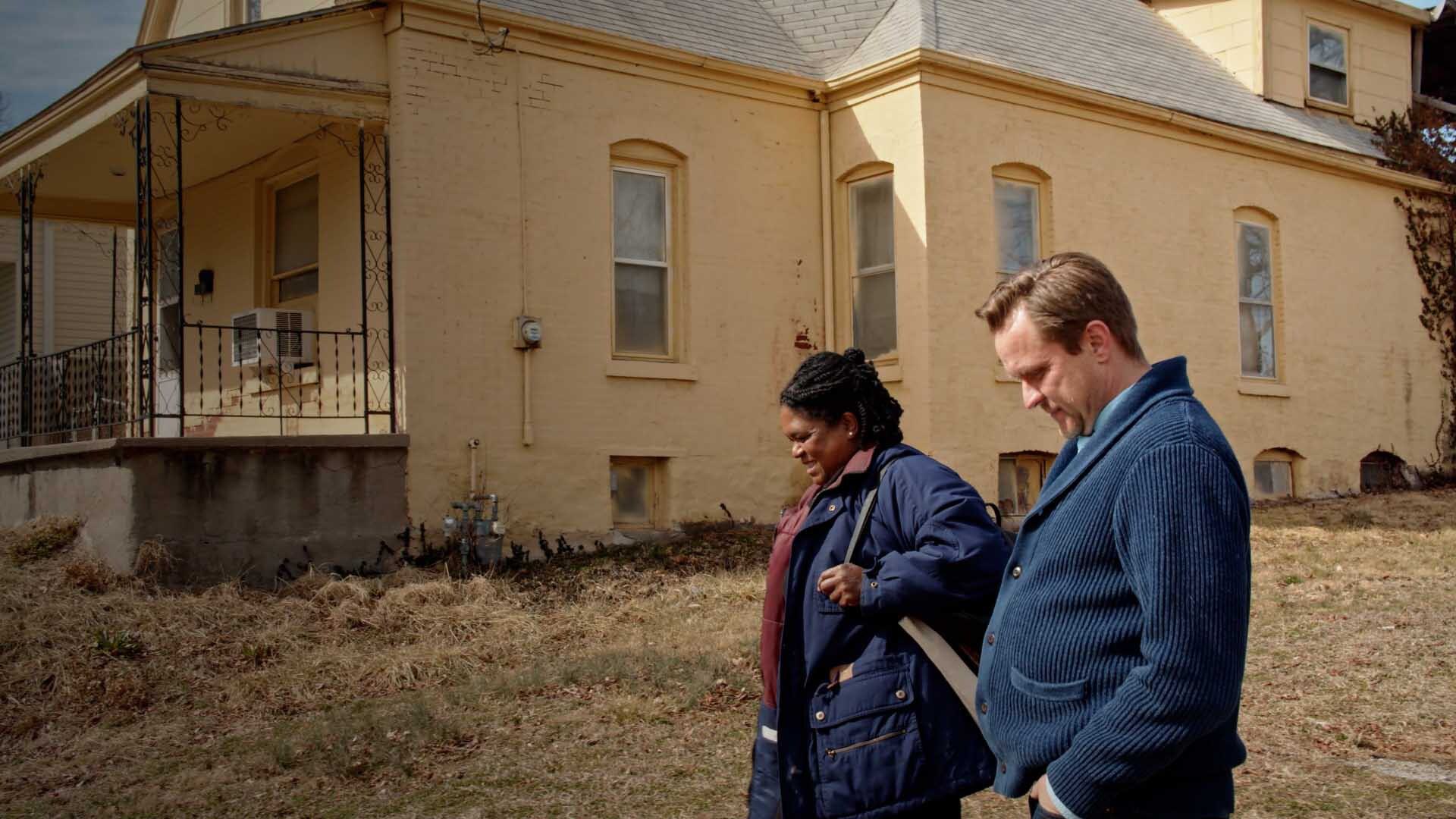
Trust Neighborhoods creates community-controlled real estate where gentrification threatens displacement. They created the Mixed-Income Neighborhood Trust, or MINT, that owns and operates a portfolio of rental housing under community control to maintain permanent affordability.

Blackstar Stability is a real estate investment management company that stabilizes communities by expanding equitable ownership of affordable single-family homes. They change the lives of working-class families by turning predatory land contracts into real mortgages.

Los Angeles Room & Board (LARNB) unlocks underutilized buildings to create live-learn co-living communities for community college students experiencing homelessness.
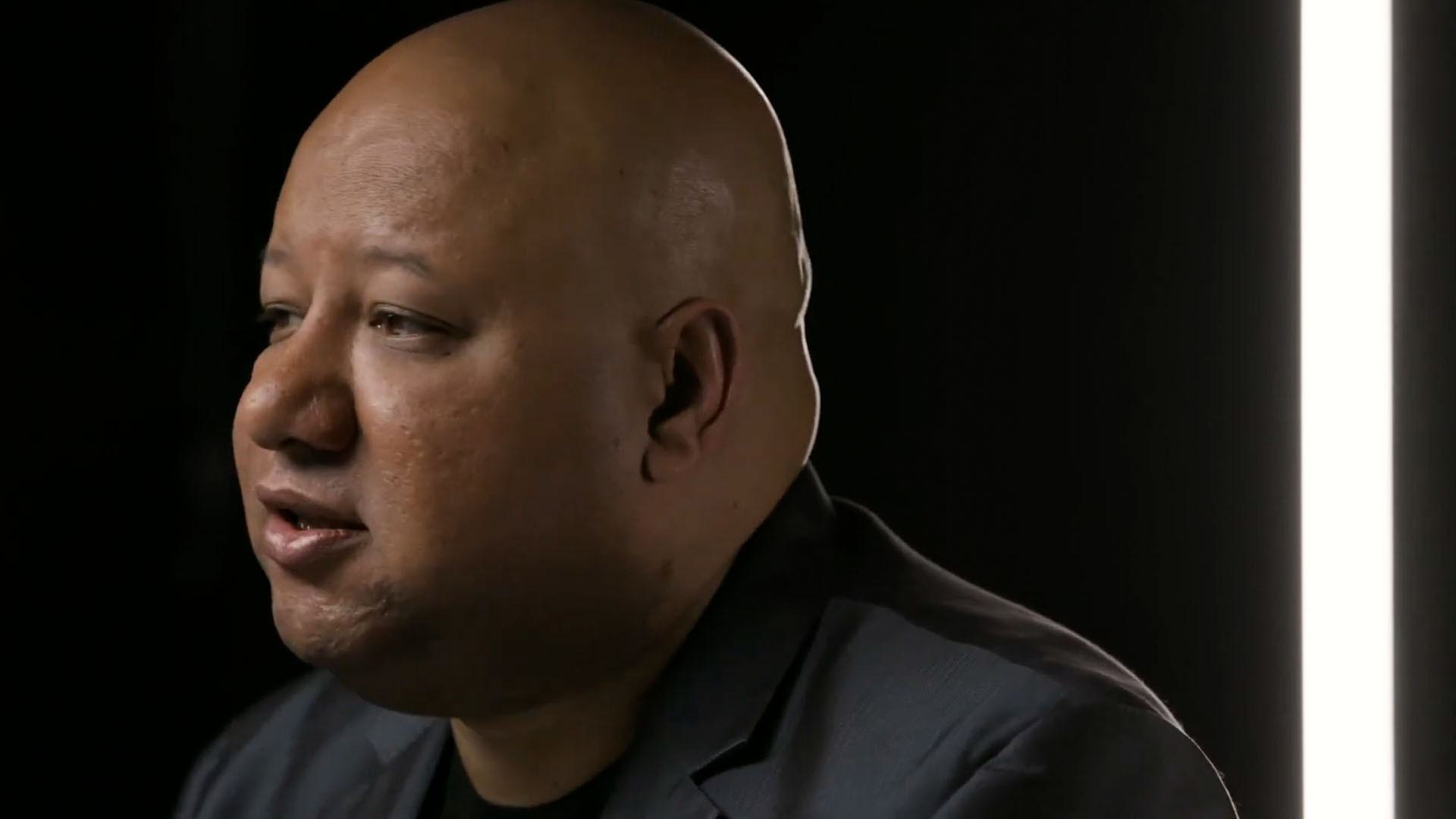
Padsplit is the nation’s largest coliving marketplace that connects property owners with pre-screened residents seeking an affordable place to live. They help real estate investors leverage under-utilized space in existing properties to make it more affordable for community members.

Esusu is the leading platform for renter financial health that helps low-to-moderate-income households access high-quality financial products. Through our rent reporting service, residents establish and build their credit scores while helping property owners improve their ESG strategies and reporting.

Dweller owns and manages accessory dwelling units (ADUs) as long rentals. ADUs are detached houses generally located in residential backyards, and have the look and feel of houses with the amenities found in most small homes.

Prefab ADU is a panelized ADU kit builder that makes housing more affordable and accessible to people by providing products and systems that allow people to reduce the design & building costs by as much as 50%.

Hurry Home provided a pathway for renters to own their homes in 10 years, targeting homes valued under $100k.

Digs is an educational and savings tool for people preparing for homeownership. (Acquired by OJO Labs)
How to Apply
Building Together
Each year the Housing Venture Lab selects a small cohort of innovators from across the US to participate in a six-month program to accelerate their scale.
What Do Ventures Get?
A $75,000 investment in product development and growth. For our for-profit members, the seed grant may include a small warrant for future equity. See FAQ for details.
Regular virtual advising from an expert in policy and business strategy in the housing market. See Our Coaches on the About page.
Support refining the venture’s financial structure and fundraising approach. Guidance on navigating Terner network of investors, foundations, and institutional partners.
Connections to leading builders, policymakers, nonprofits, and entrepreneurs at the national level.
Access to a diverse, close-knit annual cohort of other founders and leaders, and to the growing community of Housing Lab alumni.
Application Process
Determine Eligibility
We work best with organizations that have already started to prove their innovation and are ready to grow. For more information on our selection criteria, see below. Please also review our 2024 Areas of Interest.
Submit Initial Application
Our first round application is only 9 questions. If you’re interested but unsure whether you fit our criteria, we hope you consider dropping in an application.
Secondary Application & Interviews
A subset of applicants will be invited to submit a secondary application providing greater detail on their current challenges, growth plans, and financials. Top applicants will then be invited to participate in 1-2 virtual interviews.
Join Cohort
Our 2024 cohort will run from August 2024 to January 2025. Selected companies participate in bi-weekly advising, monthly cohort calls, and two to three in-person retreats.
How We Evaluate Candidates
We believe the existing housing market disproportionately hurts the most marginalized people in society — including low-income and BIPOC households, women, persons with disabilities and LGBTQ people. We endeavor to center these communities in the work we do and strongly encourage applications from organizations led by individuals with these identities or members of other marginalized communities.
Our program team and selection committee analyze companies with a holistic lens. Factors we consider include:
How new and creative is the core concept, and how well does it fit today’s housing challenges? Can it create transformational outcomes for housing equity, affordability and sustainability?
Do the core elements of the organization’s product or service work? Are the barriers the organization may face in the regulatory landscape overcomeable? Is there a path to long-term profitability and/or an ability to attract the outside investment needed to grow?
Could this concept make housing more accessible at scale, either by growing nationally or by creating a model that is replicable by others in their communities?
Does the core team have the skills necessary for success? Can they attract additional talent to help them grow?
Will the Housing Lab’s support help move the venture to the next phase of growth?
Frequently Asked Questions
The Terner Center and Terner Labs are sister organizations that share knowledge, networks, and expertise. The Terner Center for Housing Innovation at UC Berkeley is a housing research and policy organization whose timely analysis and data-driven research help policymakers, practitioners and advocates advance bold strategies to address housing challenges. Terner Labs was founded to complement the work of the Terner Center and scales critical innovation at the intersection of housing equity, affordability and sustainability. While separate, the two entities share an advisory board and some staff members.
The Housing Venture Lab started as a program of Terner Center and then spun out as the first program of Terner Labs. Today Terner Labs runs the Housing Venture Lab and two other programs, the Data Solutions Lab and the Builders Lab. Housing Venture Lab participants can access the research and policy experts at the Terner Center for guidance on organizational and policy issues.
The Housing Venture Lab is an accelerator that provides wraparound support for entrepreneurs with new, bold ideas to make housing more equitable, accessible, and sustainable. The Builders Lab is a new Terner Labs program that will support greater adoption of industrialized construction approaches in housing delivery. Leveraging the existing success of the Housing Venture Lab as well as new learnings across sectors and international borders, the Builders Lab will address critical sector-wide bottlenecks to modernizing the architecture, engineering, and construction industry. More information about the Builders Lab is coming soon. In the meantime, if you are unsure whether your organization is a better fit for the Housing Venture Lab or the Builders Lab, please reach out to kara.murray@ternerlabs.org to discuss.
Successful applicants will have a model that addresses at least two of the three core values of affordability, equity, and sustainability. All applicants must have a strong commitment to addressing racial and economic inequity—this must be a primary goal of the organization’s innovation and/or be integrated into the organization’s strategy and operations.
The Housing Venture Lab recognizes the multiple, layered challenges facing the housing space and is looking for ventures that are tackling a wide range of issues. We’re excited about these areas, but they won’t limit the makeup of our final cohort. In past years, many amazing ventures the Housing Lab supported were a surprise—they did not align neatly with our areas of interest, but they blew us away. The Kelsey, Esusu, and Blackstar Stability are just a few examples.
Ventures should be ready for growth. Applicants should have a core team in place. The model should be well thought-out and have been tested with promising results. The team should know the main opportunities and constraints their venture faces. Typically this means the organization has done at least a pilot or has initial promising customers. For VC-backed startups, companies are usually seed stage or immediately pre-Series A.
No, one of the strongest aspects of our program is the diversity of organizational types and founders. Many types of organizations are welcome. Ventures may be part of an existing organization or a new startup. They may have a nonprofit or for-profit model.
One or two senior members of your leadership team. For early-stage companies, it is strongly preferred for one or two of the founders to participate together.
For for-profit companies that participate in the Lab, we may request a small warrant for future equity. This is priced substantially below the standard equity cost of peer accelerator programs and is purposed solely to support the Housing Venture Lab's ongoing ability to help scale impactful nonprofit and for profit ventures in housing affordability. If you have questions on the details of this warrant or how it may be set for your company, please reach out to us.
